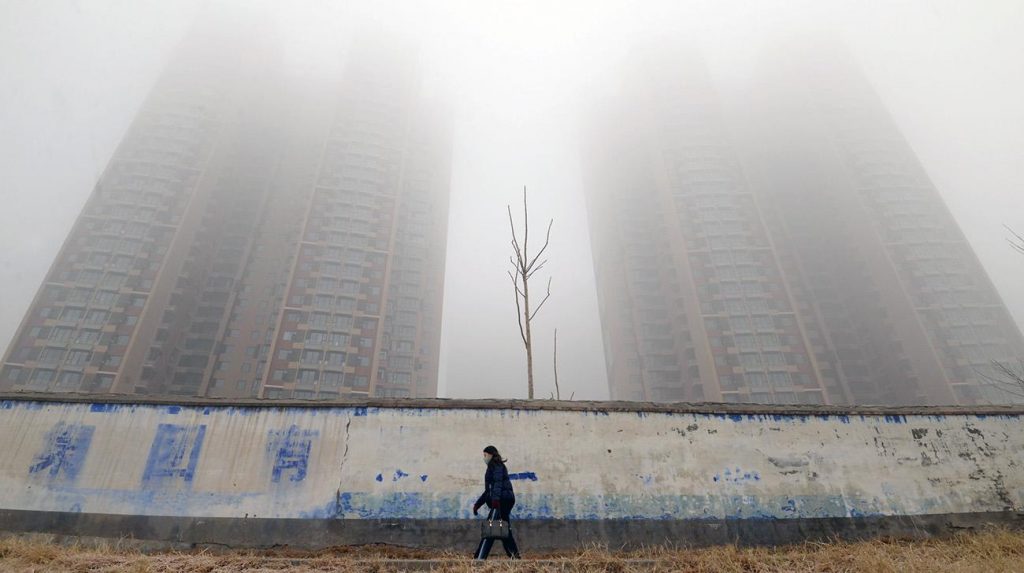According to a recent study, it has been observed that air pollution makes people unhappy. Researchers in Massachusetts Institute of Technology (MIT), America says that China has been suffering from poor air quality for a long time now and it has been crippling the country’s major cities. People are struggling every day to breathe clean, fresh air.
In recent time, the WHO (World Health Organization) published their ranking of countries with the worst air quality. Among many countries, China is usually at the top which has aggravated people of the country to post their thoughts on their social media platforms. The effects of air pollution have made it difficult for people to breathe clean air.
Air Pollution Makes People Unhappy
Nature Human Behaviour recently published a study that says a higher level of pollution is directly affecting people. It is slowly decreasing the level of happiness in people’s life. Researchers say that despite an increase of annual economic growth rate of 8%, the satisfaction level among China’s urban population has not increased as much as it was expected.
Inadequate public services, increasing house prices, concerns over food and water safety, air pollution caused by industrialization, coal burning, and the rise in a number of vehicles have had a significant rise in the poor air quality in China.
“Pollution also has an emotional cost. People are unhappy, and that means they may make an irrational decision,” says Siqi Zheng who works as an associate professor at MIT.
Dangerous Effects of Air Pollution in China

Air pollution can damage health in various ways. A recent news piece states that brain cells are severely damaged from breathing poor ambient air quality. Air pollution can also impair cognitive performances, cause emotional distress, and also affect productivity.
According to Zheng. “We wanted to explore a broader range of effects of air pollution on people’s daily lives in highly polluted Chinese cities. Social media gives a real-time measure of people’s happiness levels and also provides a huge amount of data, across a lot of different cities.”
To measure daily happiness level among the people in each of the cities in China, a team of researchers from MIT applied a machine learning algorithm that would analyze the 210 million geotagged tweets from China’s largest microblogging platform Sina Weibo.
Machine Learning Algorithm Calculated Happiness Quotient
The tweets cover a period from March to November 2014. For each tweet, the researchers applied the machine-trained sentiment analysis algorithm to measure the sentiment of the post. They then calculated the median value for that city and day, the so-called expressed happiness index, ranging from 0 to 100, with 0 indicating a very negative mood, and 100 a very positive one. Finally, the researchers merged this index with the daily PM2.5 concentration and weather data.
They found a significantly negative correlation between pollution and happiness levels. Women were more sensitive to higher pollution levels than men, as were those on higher incomes. When the researchers looked at the type of cities that the tweets originated from, they found that people from the dirtiest cities were the most severely affected by pollution levels.